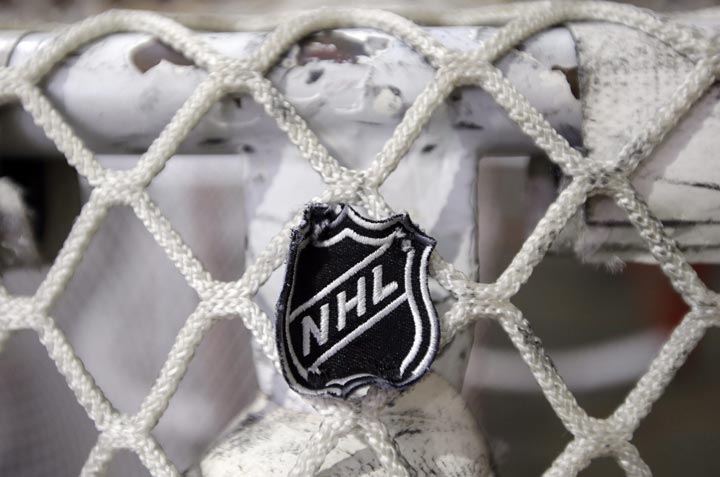Rogers Communications has made a huge splash by reaching a 12-year, $5.2-billion deal for the rights to broadcast NHL games across Canada. The monumental deal has far-reaching implications, so what exactly does the deal mean for everyone involved and, more importantly, Canadian sports fans?

For sports fans
In short, the deal means more hockey. A sample schedule tweeted by the league shows a potential Saturday night loaded with games, rather than the two or sometimes three that fans usually see. There also won’t be any further regionalization of games, and fans won’t have to miss out on games because of local blackouts. It will cost fans, however, because the games can be across nine channels, so you will need a good cable package.
For Rogers/SportsNet
Rogers now dominates sports television in Canada after years of lagging behind TSN. The deal also puts Rogers in a good situation should the federal government push for a pick-and-pay cable system. And as most Canadians watch hockey, Rogers can spread out their newly acquired content across a wide variety of their channels and force customers into keeping its channels.
For Bell/TSN
Although losing the national and playoffs package is a huge blow to TSN, the network won’t be totally devoid of hockey. TSN still owns the regional broadcasting rights to a portion of Leafs, Jets, Senators, and Canadiens games, and will continue broadcasting the World Junior Hockey Championship. And because of TSN’s success with the World Juniors, it makes perfect sense to pursue the CHL broadcast rights and try to build the CHL into a bigger entity, much in the same way ESPN did with NCAA football and basketball years ago.
Another option is to increase soccer coverage. Currently, TSN and Sportsnet own the Canadian broadcast rights to the English Premier League through 2016. Winning the exclusive rights in 2016, and then increasing coverage of other leagues, such as the MLS, could be a major win. Soccer is the No. 1 participation sport in Canada and the fastest growing as well, whereas hockey participation is declining among youth. Re-branding itself as the place for soccer could prove a savvy long-term move, despite hockey’s historic hold on Canadian culture.
For the NHL
The cap is definitely going up. James Mirtle did a quick estimation and thought the cap might rise as much as $3 million from the new TV deal alone. That means more money for both teams and players. Combined with the TV deal signed with NBC, each franchise will get a slice of $500 million next year, which doesn’t even include the up-front $150-million payment Rogers will make. That’s important, because according to Forbes, 11 teams posted a negative operating income.
For the CBC
It’s hard to see this as anything but the end of CBC, even though it owns Hockey Night in Canada for the next four years, although it won’t get the premier games. Considering half of CBC’s ad revenue comes from Hockey Night in Canada, a loss in viewership could mean major damage, not only to the many original CBC shows subsidized by hockey revenue, but the broadcaster itself, and maybe even Don Cherry.




Comments